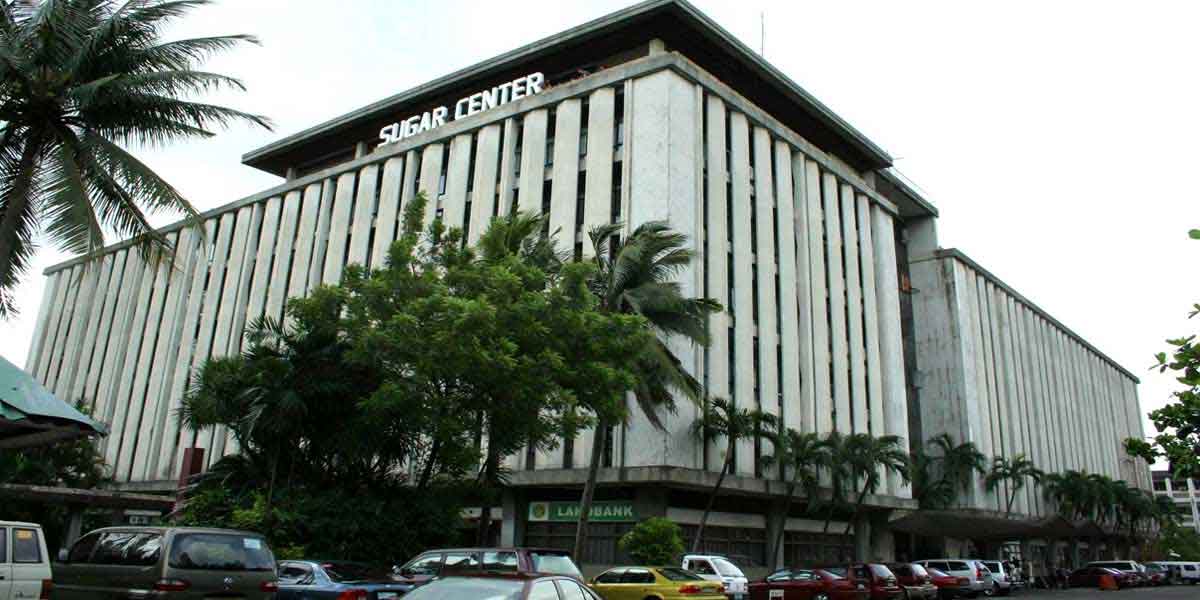
By Dolly Yasa
BACOLOD City – The Sugar Council, representing thousands of sugarcane farmers from three planters’ federations, asked the Sugar Regulatory Administration (SRA) to reconsider starting the milling season in coming August instead of September 2023.
The council said that delaying the milling season will affect the quality of their crops and yield.
“Hectares of standing canes are due for harvest in August. A year ago, in June 2022, the national government urged us to start milling early. Many sugar farmers supported the call, milling 432,356 tons as reported by SRA. Consequently, the ratoon plants, estimated at 400,000 tons, are now mature, and delaying their harvest to September will cause them to become over-ripe, compromising purity and tonnage,” the Sugar Council pointed out in a statement sent to local media Sunday.
Last year, five Negros mills started milling in August, with two mills commencing operations on August 8, in response to the national government’s call to mill the canes early because of the acute sugar shortage, the statement.
Now, the producers are looking forward to the start of milling this August because the canes they planted after their early harvest last year are already ripe for milling.
In a letter addressed to Acting Administrator Pablo Luis S. Azcona, which was received by his office on July 20, the Sugar Council appealed to SRA to continue with the previous practice of commencing milling operations in August.
The letter was signed by Confederation of Sugar Producers’ Associations, Inc. (CONFED) president Aurelio Gerardo J. Valderrama, Jr., National Federation of Sugarcane Planters (NFSP) president Enrique D. Rojas, and Panay Federation of Sugarcane Farmers (PANAYFED) president Danilo A. Abelita.
“The recent Typhoon Dodong, with its torrential rains and strong winds, caused mature canes to lodge. lf left unharvested, the purity and weight of these distressed canes will suffer,” the Sugar Council stated.
Farmers fear that any delay in milling will lower the weight and sugar yield of the canes, resulting in lower sugar production and lesser returns for the farmers.
They also cited the need for fresh income by the producers, especially the small farmers, after months of no work on the farm.
In view of the early start of milling last year, milling operations finished earlier than usual. Numerous sugar mills stopped milling in April this year, instead of the traditional May up to June. Consequently, some sugar farmers have had no income from their farms since April.
Complicating the financial quandary of the sugar producers is the obligation to their farm workers, who have also been looking forward to getting back to work this August.
“Sugar farmers have already contracted cane cutters, and delaying milling to September will force them to financially support the workers or risk losing them,” the Sugar Council explained.
If milling will start on September 1 yet, this will create an overwhelming demand for farm workers, which are already in short supply, and for hauling services of truckers. Farmers are apprehensive that this unprecedented demand for farm labor and hauling services will give rise to unhealthy competition, thereby driving up their production costs.
Earlier though the Save the Sugar Industry Movement (SAVE SIM) denounced the Sugar Regulatory Administration’s proposal to allow the start of all milling operations simultaneously on September 1, instead of the customary start in August for some Negros mills.
“This is an injustice to sugar workers and small farmers who have been suffering from the long off-season since May. It has been more than two months now that sugar workers have no work while small farmers have no income. Extending the start of milling to September 1 means prolonging their hunger and their agony for another six weeks,” said Wennie Sancho, convenor of SAVE SIM.
Sancho cited that last year, the national government urged sugar farmers to mill early to address the sugar shortage.




















